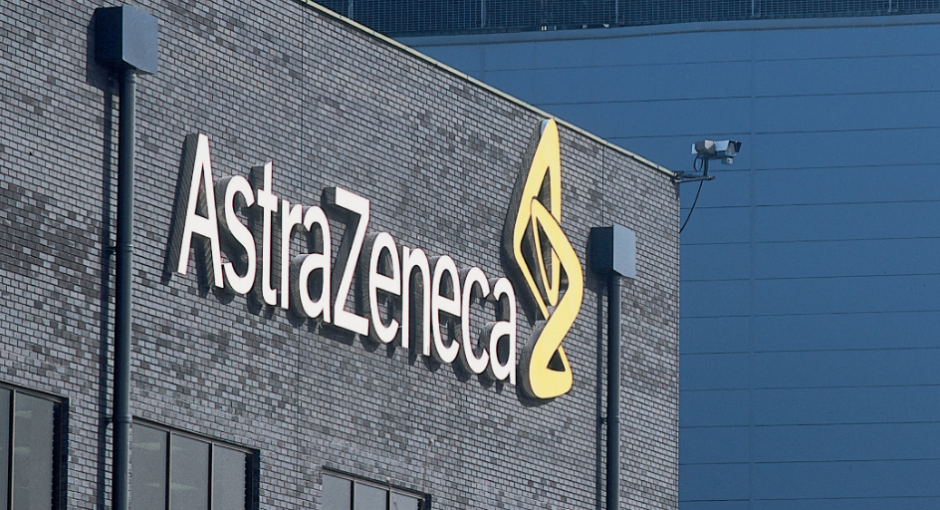AstraZeneca and the federal government have filed a new round of briefs in the drug manufacturer’s 340B contract pharmacy lawsuit, this round focused on the government’s May 17 letter telling the company its contract pharmacy actions are illegal.
In a July 23 filing, AstraZeneca asks U.S. Chief District Judge Leonard Stark to
- declare the letter invalid and set it aside
- declare that the company “is not required to deliver 340B-discounted drugs to an unlimited number of contract pharmacies”
- declare that the 340B statute “does not conflict with, forbid, or foreclose” the company’s 340B contract pharmacy policy.
AstraZeneca asks Stark to
- permanently enjoin the U.S. Health Resources and Services Administration (HRSA) and the U.S. Health and Human Services Department (HHS) from implementing or enforcing the May 17 letter, and from assessing overcharges or imposing civil monetary penalties against the company based on the letter
- permanently enjoin HRSA and HHS “from undertaking any action or issuing any final decision, judgment, order, or relief against AstraZeneca” based on the letter.
Federal law “prohibits agencies from placing their preferred policy goals ahead of what Congress has provided,” AstraZeneca said. “Yet that is precisely what [HRSA] has done here.” The company says the letter adopts the same flawed interpretation of the 340B statute that Stark rejected in an earlier phase of the case, rests on the same “erroneous assertion” that HRSA’s interpretation of the statute regarding to contract pharmacy has always been consistent, “and seeks to legislate the same outcome” as the HHS General Counsel’s Dec. 30, 2020, advisory opinion on contract pharmacy that Stark has invalidated, vacated, and set aside.
“Because the May 17 letter goes beyond the statute and the authority that Congress granted to HRSA—and is arbitrary and capricious for additional reasons—the May 17 letter should be set aside and vacated,” AstraZeneca said.
The Government’s Take
The government in its brief counters that HRSA’s May 17 letter merely explains what Congress intended the 340B statute to do.
“After a thorough, months-long review of Astra’s newly imposed contract-pharmacy restrictions, including assessment of thousands of complaints from safety-net providers, detailed analysis of real-world changes to Astra’s discounted-sales volumes, review of correspondence from Astra and other manufacturers, and meetings with numerous stakeholders, [HRSA] has determined that Astra is violating its obligation under [the 340B statute] by overcharging covered entities for its drugs,” the U.S. Justice Department (DOJ) said. “That conclusion is based on sound statutory interpretation and voluminous evidence; this court should reject Astra’s challenge to HRSA’s violation finding and allow HRSA’s enforcement of the statute to proceed.”
DOJ said HRSA’s interpretation of the 340B law fulfills congressional purpose and is supported by historical evidence and other considerations. Astra’s reading of the 340B statute “would render the statutory scheme ineffective,” it said. HRSA’s May 17 letter informing Astra it is in violation of the law is neither arbitrary nor capricious and is procedurally compliant with the Administrative Procedure Act, it said.
Both sides are currently scheduled to respond to one another’s latest filings by Aug. 6. Stark has scheduled a hearing on Sept. 14.


